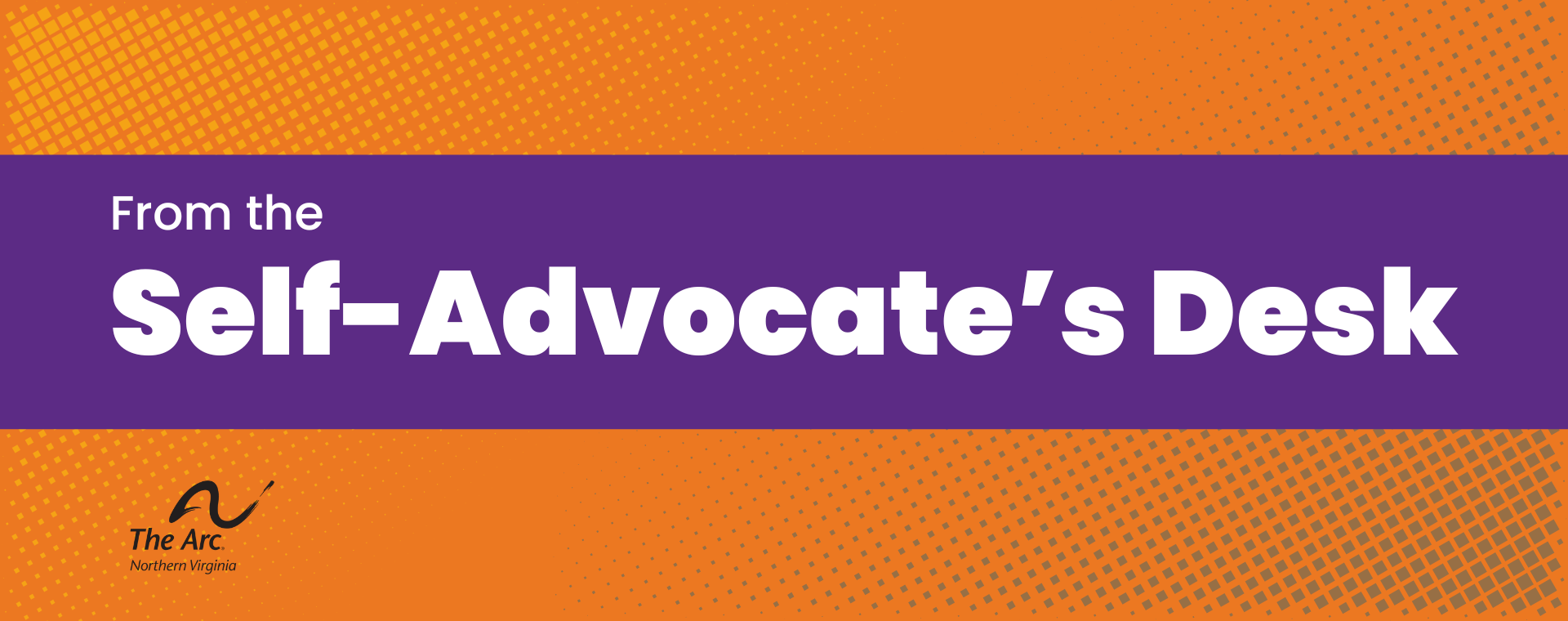Introduction
The recent announcements from the Department of Health and Human Services regarding autism have elicited conversations across the medical, advocacy, and autism communities. As someone who is neurodivergent and has navigated life with autism experiencing the profound influence of labels from a young age, I wish to offer a personal perspective. My aim is not to critique or assign blame, but rather to illuminate how public messaging, research discussions, and early labeling intersect with lived experience, shaping both individual identity and community perception.
Growing Up With Labels
Receiving a diagnosis or label as a child is a complex and formative experience. Labels often provide clarity and access to resources, helping families, educators, and clinicians understand behaviors and needs. Yet they also have the potential to circumscribe identity prematurely, shaping expectations in ways that do not always align with personal capacities or aspirations. As a neurodivergent individual, I recall moments when assumptions about my abilities or limitations influenced how I was treated by teachers, peers, and even family. These experiences fostered resilience, self-reflection, and a keen awareness of the gap that can exist between external perception and internal experience.
Labels, while necessary for support frameworks, also underscore the delicate balance between identification and individual agency. For many neurodivergent people, early labels may inadvertently frame a narrative that prioritizes deficit or difference over holistic understanding, a consideration that remains relevant when public discussions enter the broader policy arena.
Navigating Public Messaging
Public health announcements carry profound influence. When statements suggest potential causes, risk factors, or interventions related to autism, they inevitably resonate with individuals, families, and communities. From my perspective, the power of such messaging lies in its capacity to inform, rather than inadvertently simplify or stigmatize complex experiences.
As someone whose life has been shaped by both early labeling and personal discovery, I recognize the necessity of grounded, evidence-based communication. Scientific inquiry is invaluable, yet it must be contextualized with sensitivity to the lived realities of neurodivergent individuals. Public statements that lack nuance risk reducing the richness of human diversity to simplistic causal narratives, something that those of us with lived experience encounter daily.
The Significance of Lived Experience
In conversations about autism, the inclusion of neurodivergent voices is paramount. Policies and public messaging affect real lives, influencing access to services, societal perception, and self-conception. Lived experience offers insights that research data alone cannot fully capture, nuances of communication, sensory experience, learning style, and social interaction that are often invisible to policymakers or the general public.
Reflecting on my own journey, I recognize that early labels informed my understanding of myself, while also presenting challenges in how I navigated social spaces and educational systems. These experiences have instilled a deep appreciation for empathy, the value of self-advocacy, and the importance of fostering inclusive environments that respect diverse neurocognitive profiles. Incorporating the perspectives of neurodivergent individuals in public discourse ensures that policies and communications are not only scientifically informed but also socially conscientious.
Looking Forward: Inclusion and Nuance
As society engages with autism and neurodiversity, it is crucial that discussions are guided by both evidence and lived experience. Future initiatives should prioritize collaborative approaches; centering the voices of neurodivergent people, incorporating rigorous research, and cultivating communication that is sensitive to the diversity within the community. By doing so, we can promote understanding, support autonomy, and foster societal inclusion without oversimplifying or stigmatizing complex identities.
Conclusion
The recent HHS announcements offer an opportunity for reflection—not only on scientific inquiry, but also on the ways in which public narratives influence self-perception and societal understanding. Early labels shaped my journey in profound and multifaceted ways, informing my perspective on identity, resilience, and advocacy. My hope is that ongoing conversations honor the intricate realities of neurodivergent lives, fostering policies and public discourse that are informed, inclusive, and respectful.
Thank you for taking the time to read my reflections on how policy, labels, and lived experience intersect within the neurodivergent and autism communities.
Warm regards,
Ian Allan
Self-Advocate for The Arc of Northern Virginia
Ian Allan is a self-advocate with a deep commitment to policy literacy, systems change, and disability justice. Through The Arc of Northern Virginia, he works to ensure that people with intellectual and developmental disabilities are not merely served by systems, but are actively shaping them.

